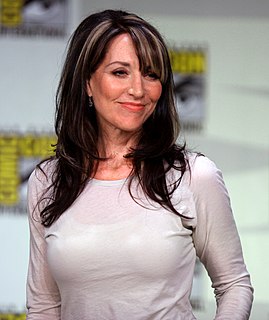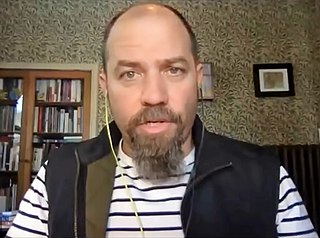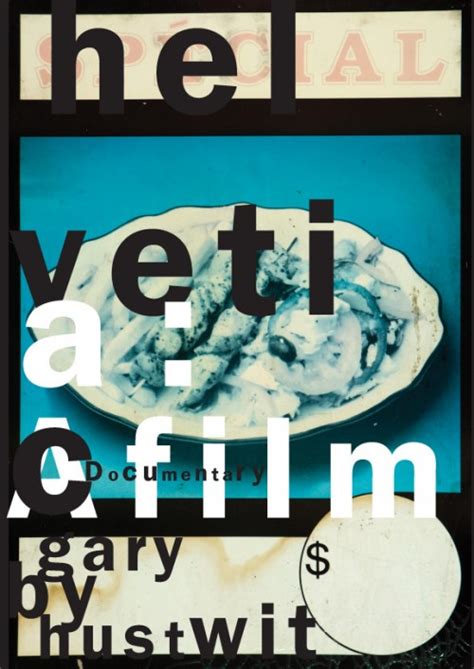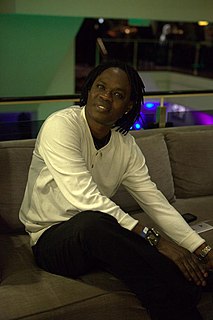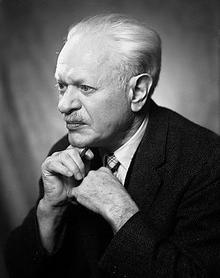A Quote by Katey Sagal
And I like to interpret music. So I think it's all interpretive.
Quote Topics
Related Quotes
A sober, devout man will interpret 'God's will' soberly and devoutly. A fanatic, with bloodshot mind, will interpret 'God's will' fanatically. Men of extreme, illogical views will interpret 'God's will' in eccentric fashion. Kindly, charitable, generous men will interpret 'God's will' according to their character.
I sometimes wonder, the tendency for anybody, especially when you're with friends and you're in the trenches, is to laugh at the stuff that you interpret as ridiculous or silly, and to grouch about the things that you interpret as not being good. That to me isn't morale, that's just like getting through the day.
An actor and a [theatre] director are both what I would call interpreters of work. We interpret a work, just as a musician will interpret a composer's work, we interpret the work of a playwright. We are servants of the theatre and I've always believed that. We must serve what has been written, that's what we're there for.
I did not like that name "world music" in the beginning. I think that African music must get more respect than to be put in a ghetto like that. We have something to give to others. When you look to how African music is built, when you understand this kind of music, you can understand that a lot of all this modern music that you are hearing in the world has similarities to African music. It's like the origin of a lot of kinds of music.
